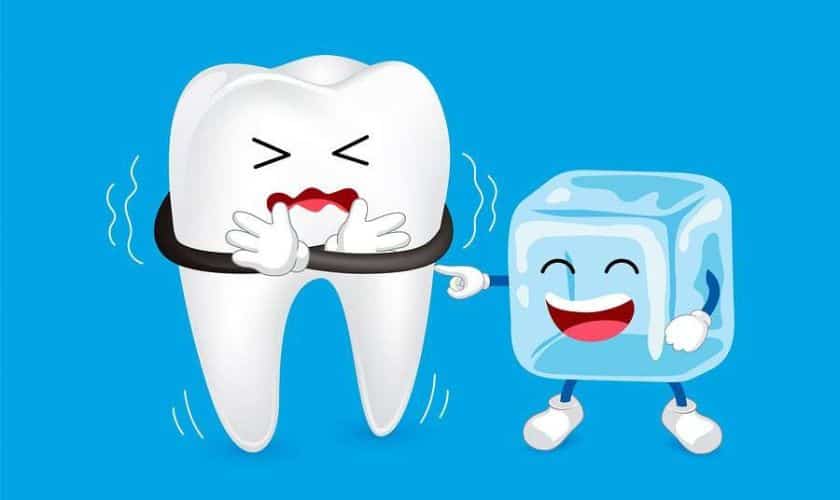What Causes Tooth Sensitivity?
You may have experienced the sharp and sudden zing of pain when you consume something hot, cold, or sweet. This could be a sign that you are suffering from tooth sensitivity. But what causes this issue and how can it be treated? In this article, we will look at eight tips to soothe tooth sensitivity and the possible causes.
Many different factors can lead to tooth sensitivity, including:
- Receding Gums – A common cause of tooth sensitivity is when your gums start to recede due to periodontal (gum) disease or age-related wear and tear. When your gum line recedes, your exposed roots are very sensitive to hot or cold temperatures as well as sweet and acidic foods.
- Tooth Decay – If you have cavities or tooth decay, it can cause the underlying layers of dentin (the layer just beneath the enamel) to be exposed. This makes your teeth more sensitive when consuming certain food and beverages.
- Poor Oral Hygiene – Not brushing and flossing regularly can cause the enamel to wear away, leaving the dentin exposed. This will make your teeth more sensitive to hot and cold temperatures.
- Teeth Grinding (Bruxism) – Teeth grinding or clenching your jaw can cause the enamel on your teeth to be worn away. This can expose the dentin and make it sensitive to certain foods and temperatures.
- Acidic Foods – Eating or drinking acidic foods can also wear away the enamel on your teeth, making them more sensitive.
- Braces – If you have braces, they can cause the enamel on your teeth to be worn away. This will make them more sensitive to hot and cold temperatures as well as sweet and acidic foods.
Tips To Soothe Tooth Sensitivity
If you are suffering from tooth sensitivity, there are a few things you can do to help soothe it:
- Use a Soft-Bristled Toothbrush – Using a soft-bristled toothbrush will help to protect your enamel and prevent it from wearing away.
- Use Fluoride Toothpaste – Using fluoride toothpaste can help to strengthen the enamel on your teeth and make them less sensitive.
- Try Desensitizing Toothpaste – There are special types of toothpaste and mouthwashes that are designed to help desensitize your teeth.
- Avoid Sugary, Acidic, or Sticky Foods – Eating sugary, acidic, or sticky foods can further wear away the enamel on your teeth and make them more sensitive.
- Use a Nightguard – If you grind your teeth, using a nightguard can help to protect your teeth from further damage caused by grinding and clenching.
- See Your Dentist Regularly – Seeing your dentist for regular checkups can help to identify any potential issues that could be causing tooth sensitivity.
- Have a Professional Cleaning – A professional dental cleaning can remove any plaque and tartar build-up that could be causing your teeth to become sensitive.
- Use Fluoride Treatments – Your dentist may recommend fluoride treatments to help protect your teeth and make them less sensitive.
Conclusion
Tooth sensitivity can be caused by several different issues, including receding gums, tooth decay, poor oral hygiene, and teeth grinding. To help soothe this issue, it is important to use a soft-bristled toothbrush, fluoride toothpaste, or desensitizing toothpaste, avoid sugary or acidic foods and see your dentist regularly for checkups. Additionally, using a nightguard to protect your teeth from grinding, having a professional dental cleaning, and using fluoride treatments can also help to reduce tooth sensitivity.

